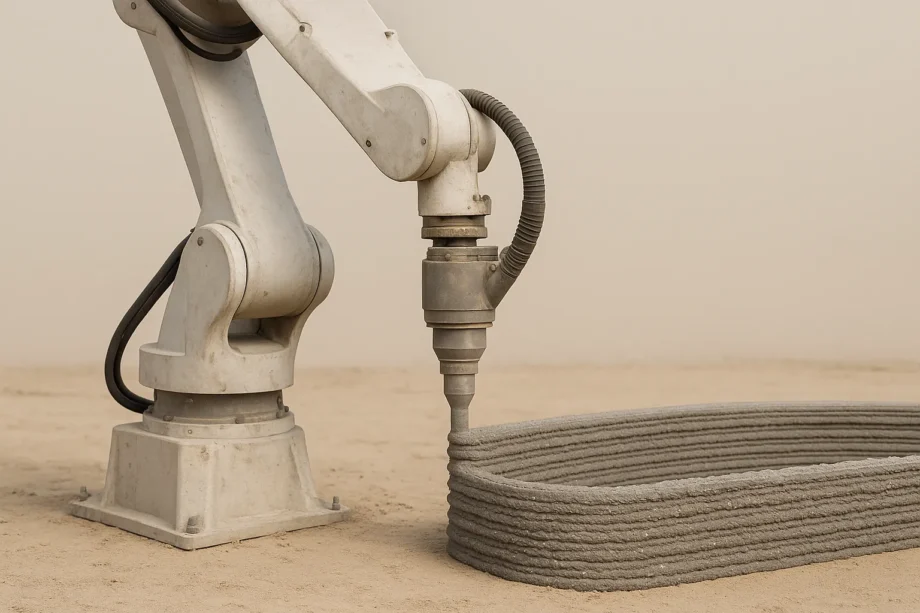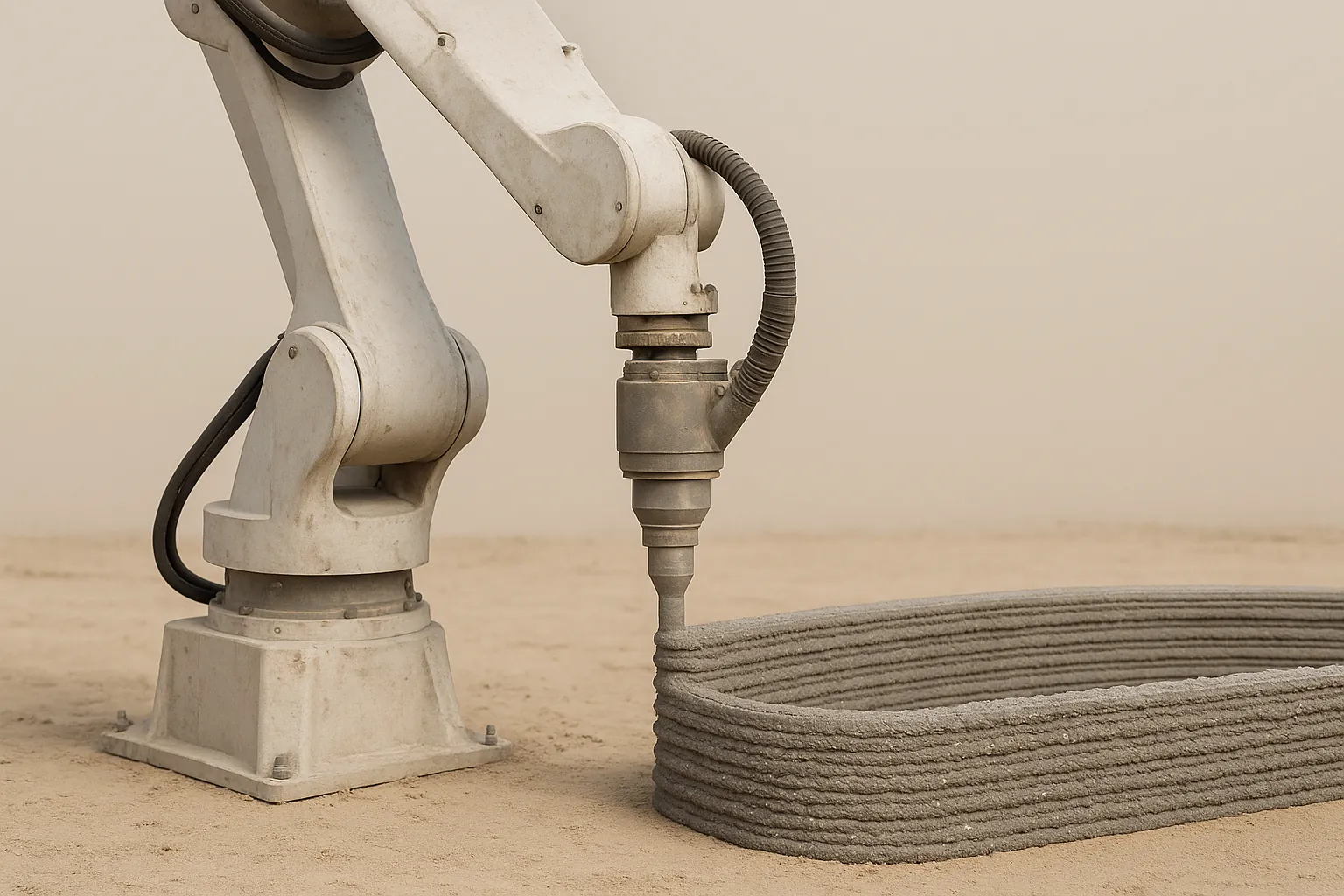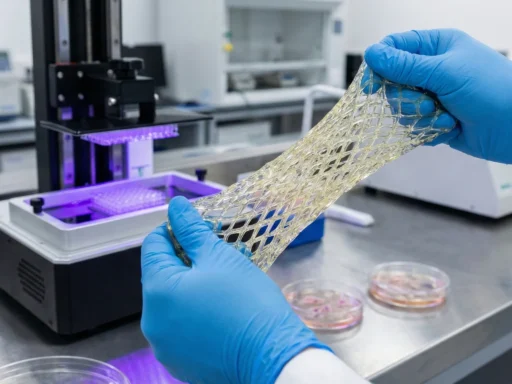Northumbria University has been awarded a prestigious Marie Skłodowska-Curie Actions (MSCA) Postdoctoral Fellowship as part of the Horizon Europe programme to advance green construction by exploring waste-based 3D printed materials.
The €250,000+ funding will support postdoctoral researcher Dr Jyotirmoy Mishra in developing low-carbon, waste-derived alternatives to traditional cement in 3D printed geopolymer mortars. Dr Mishra joins a team led by associate professor Keerthan Poologanathan, Head of Structural Engineering at Northumbria, alongside Dr Vikki Edmondson and Dr Mohammadali Rezazadeh.
The aim of the project is to replace carbon-intensive Portland cement with environmentally friendly activators derived from agricultural and industrial waste, significantly reducing the environmental impact of construction.
“3D printed concrete is the future of sustainable construction,” Dr Poologanathan said in a press release. “This research will help to reduce carbon emissions, cut material costs, and minimise waste, while improving the strength and durability of modern infrastructure.”
Dr Mishra described the fellowship as a milestone in his research career: “The opportunity to explore waste-based alternative activators in 3D-printed geopolymer mortars is both timely and essential for addressing global climate challenges in the built environment.”
The study will investigate material performance, including workability, strength, microstructure, and durability, alongside a full Life Cycle Assessment. It builds on Northumbria’s expertise in civil and structural engineering, and its commitment to climate-conscious innovation and a circular economy.
The University’s recent investment in advanced 3D construction printing technology, in collaboration with Luyten 3D and ChangeMaker 3D, provides the infrastructure to support this groundbreaking research.






